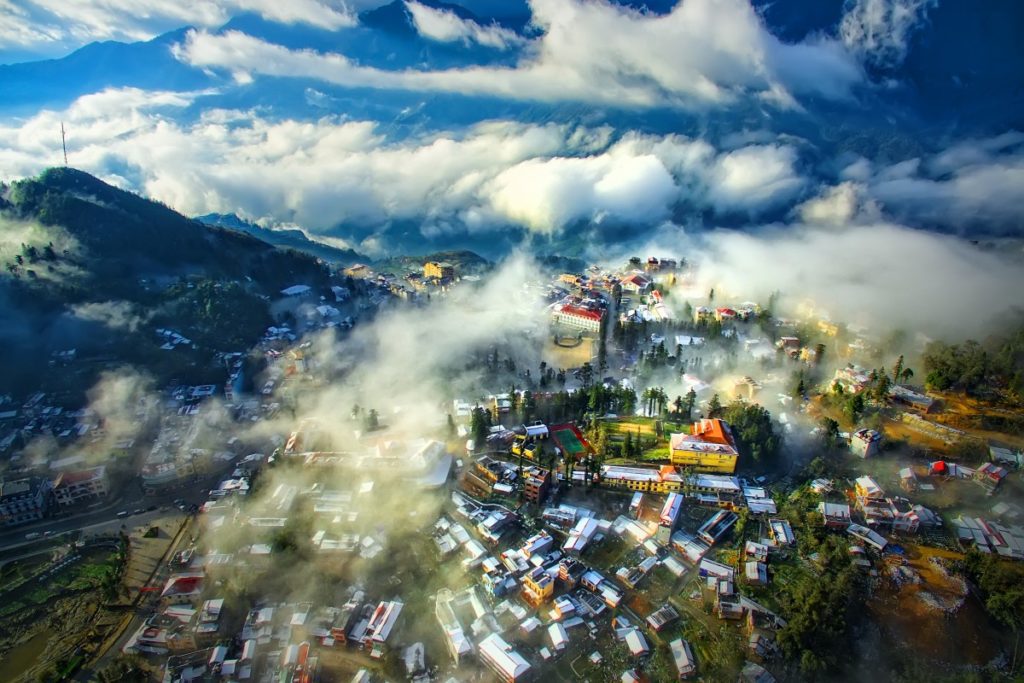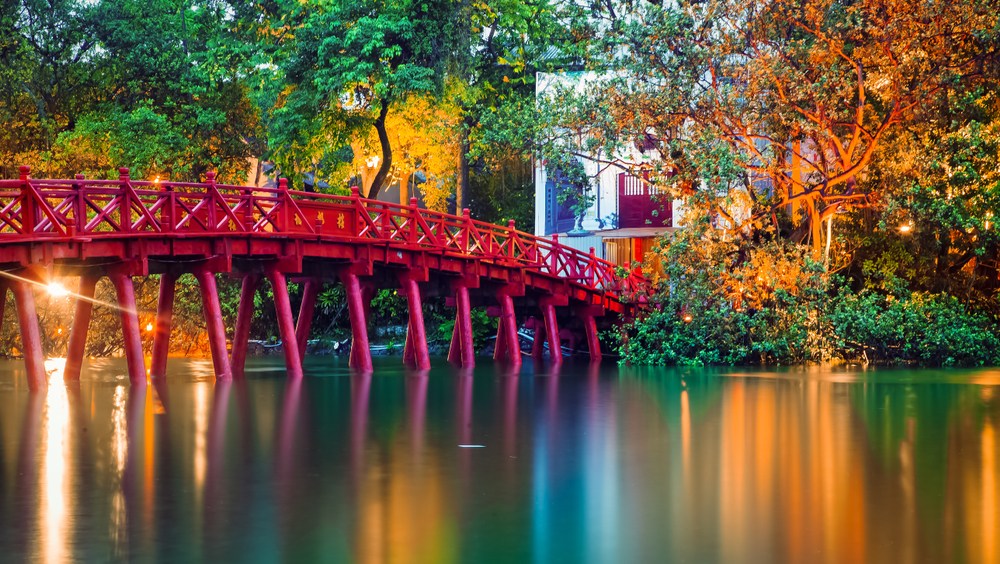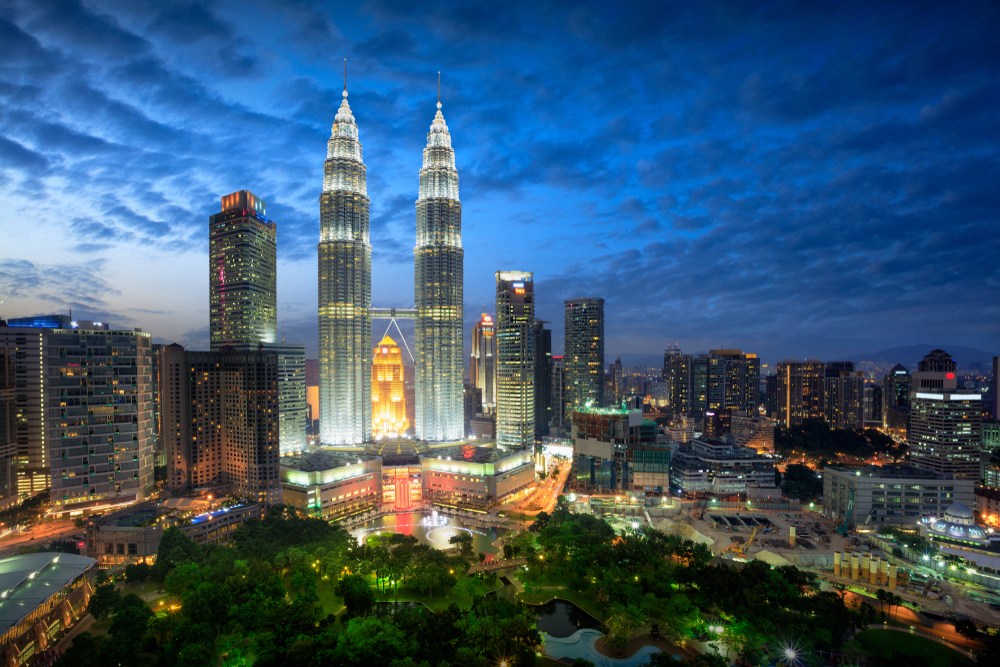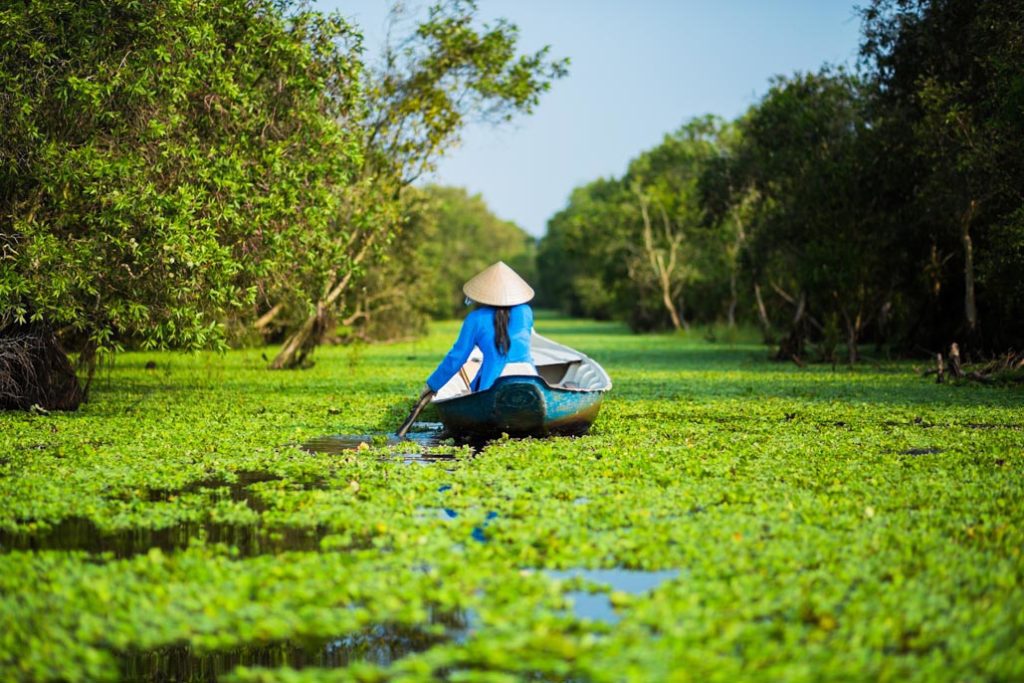2022 may be the year when the Southeast Asian tourism sector truly recovers, with all the support and efforts it has today. Tourism is one of the sectors hardest hit by the Covid-19 pandemic. Border closures, travel restrictions and social distancing measures have caused administrative damage to the smokeless industry, particularly in Southeast Asia. Before the pandemic, the tourism sector contributed about 12% of ASEAN’s GDP ($393 billion). Tourism helps millions of people earn income, both directly and indirectly. The tourism industry plays an important role when it employs 16 million workers.

At present, tourism in Southeast Asia has revived as the countries together open their doors in unison. For example, Vietnam is fully open for travel from March 15, Singapore from April 1, similar to Thailand, Philippines, Malaysia and Indonesia. According to Visa research, current tourists tend to go to safe destinations and ensure epidemic prevention, even when Covid-19 is tending to be seen as an endemic disease. Research also shows that tourists tend to book closer to travel dates than before the pandemic.

In addition, more and more people choose to travel in the country. Google statistics show that Indonesia increased its domestic tourist arrivals by 40% between August and September 2021 compared to the same period in 2020. Airbnb app survey shows that 57.6% of Asia-Pacific travelers plan to spend more money on domestic travel, 66.7% of which is in Malaysia, 65.3% in Thailand.
Visitors in Southeast Asia also seek to visit rural areas with few people, avoiding popular tourist destinations. Nearly 60% of Thai tourists plan to visit places in the countryside that were not popular with tourists before. Hotels tend to develop sustainable and environmentally friendly tourism. In particular, the trend of workation (both work and tourism) also contributes significantly to revitalize the tourism industry.

The tendency to travel with friends and family also increases sharply after the pandemic, many people value moments with loved ones more. Due to the habitual impact of the pandemic, airlines are applying technology to ticketing platforms, contactless payment interfaces, and boarding procedures. Malaysia’s Kuala Lumpur International Airport plans to introduce facial recognition technology, allowing travelers to pass through every gate of the airport without showing their boarding pass at any point of contact. The adoption of digital is helping to reshape the story of sustainable tourism development.

Opening later than in many parts of the world, the Southeast Asian tourism industry is changing with many positive signals. To help bring the tourism industry back to life, governments in the region have been supporting the disadvantaged industry. At the height of the pandemic, Vietnamese airlines and travel agencies offered a discount of 50% or more to attract people by plane, to resorts and restaurants. In Indonesia, RedDoorz partnered with the Ministry of Tourism and Economy to support a vaccination campaign for more than 700,000 people in the country. Private companies work together to support public health in an effort to accelerate the recovery of the tourism industry.

Read more :
- The female traveller who took sexy photos in Hoi An Vietnam apologized and removed them from Facebook
- Travel news 04-2022 Beijing seals of Olympic bubble to keep covid19 at bay.
- Travel news 04-2022 UAE bans travel for Unvaccinated travelers and booster dose required for fully vaccinated.
- Travel news 04-2022 UK Bans travel from 6 African Countries due to the rise of a new mutant strain of coronavirus.
- Travel news 2022 – Agartala airport to operate international flights to Bangkok, Bangladesh
- Travel news 03 2022 – Vietnam scraps all quarantine requirements for international travellers


3 comments
QYfmICAVUJ
pdGojmsLVXq
QVoZAFKaNtGr